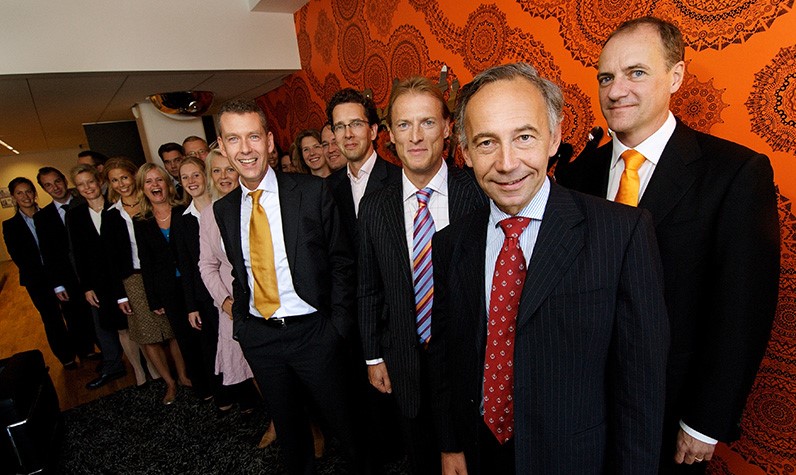
Axel Calissendorff reflects on his time at Roschier
Insights|June 26, 2025
The career of a former long-term partner at Roschier is marked by many milestones, but the years following the firm’s launch in Stockholm remain a particularly special chapter.
Twenty years ago, when Roschier’s partners decided to open an office in Sweden, there was only one name on the list of potential lawyers who they thought might be suitable for being in charge. That was Axel Calissendorff.
Axel, who has also served as Senior Partner and as Chairman of the Board during his time at the firm, recalls the early days of the Stockholm office with fondness and pride.
“The first four to seven years after my start at Roschier were the most fun and happy years during my career”, Axel says.
At the time, he had been with his previous firm for 24 years. Still, he describes the decision to join Roschier as an easy one.
“One reason was that I was 52 at the time, and I figured I had at least ten good years left in my career. I wanted a new challenge and something that would be both enjoyable and meaningful. Another reason was that I had followed Roschier for several years and was impressed by how the firm had built such a strong brand and reputation.”
When the press release announcing Roschier’s plans to open a Stockholm office was published, the Swedish legal market was in shock, Axel says. But it didn’t take long before he was certain the firm would be a success.
“Roschier was such a strong name among top international law firms, which gave the firm significant influence. This also made it easy to attract and recruit top lawyers, even though we were essentially a startup.”
Axel says that there are many reasons behind Roschier’s success, both historically and today, but he highlights the importance of the firm’s people.
“Having the right people is crucial. When we built the Stockholm office, everyone involved gave their all, driven by the spirit that what we were doing was both fun and important.”
He also highlights that the collaboration between the Helsinki and Stockholm offices has been a very fruitful one, right from the start.
“The Finnish and Swedish cultures are very different from each other. For example, it often takes longer to make decisions in Sweden due to a culture of consensus, but on the other hand, it’s easier to implement new initiatives once a decision is made. But despite all the differences, the cross-border collaboration has worked very well,” Axel says.